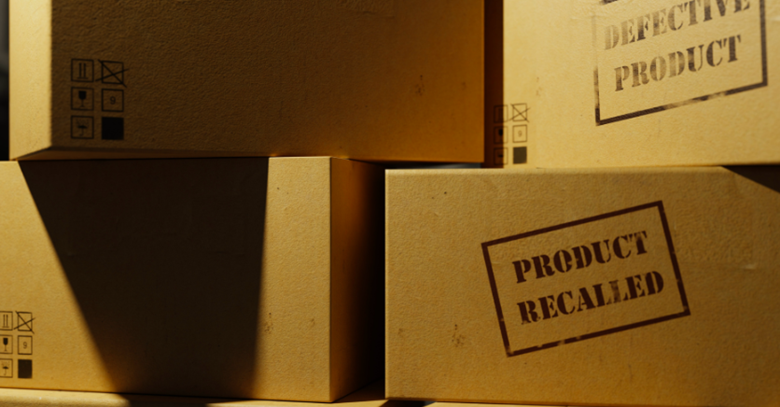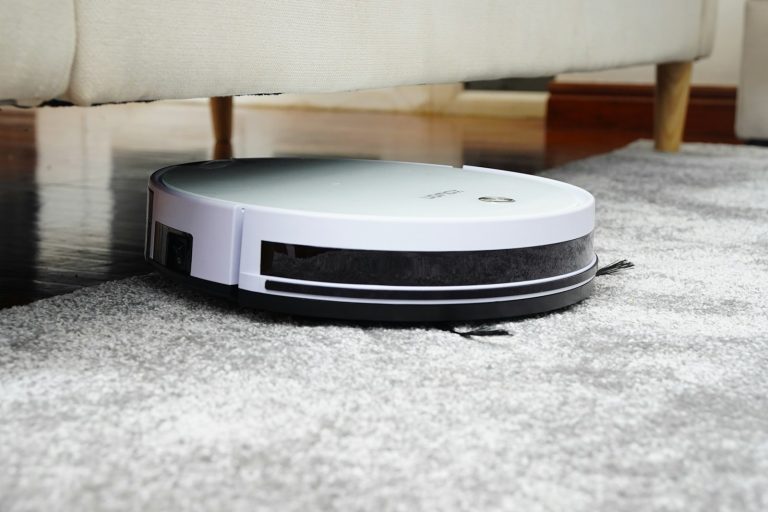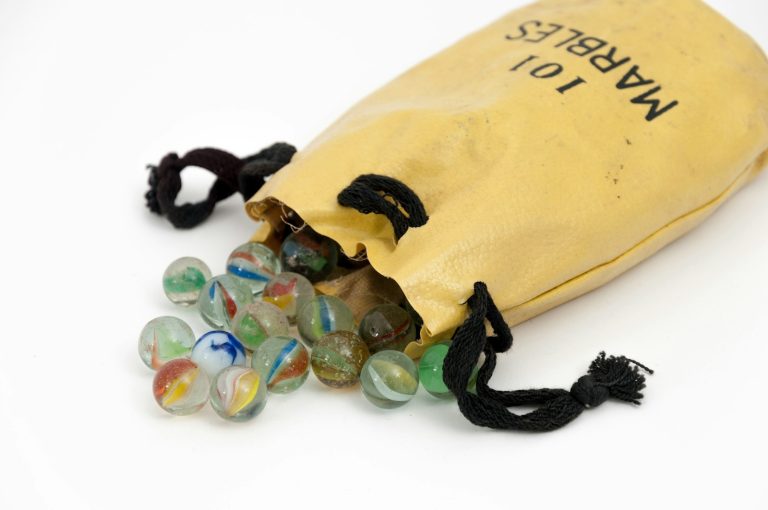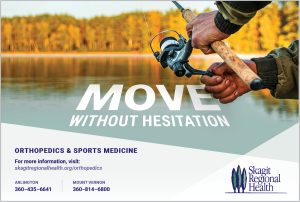
Defective Products is contributed by Walton Law, on April 30, 2024, as an online article at VibrantSeniorOptions.com
What you should know about defective products liability lawsuits
Three types of product defects
Defective products can encompass a wide range of items, from electronics and appliances to pharmaceuticals and automobiles. Below is a list of three common types of product defects.
- Design defects. These defects occur before the product is manufactured, originating in the product’s initial design. This means that every product in that line is potentially dangerous. Example: Mechanical defects found in mobility devices, such as improperly designed walkers and wheelchairs.
- Manufacturing defects. These defects occur during the production process, affecting only a portion of the products in a line. They often result from errors during assembly or materials used. Example: Incorrectly attached parts, missing safety equipment or the use of substandard materials.
- Marketing and labeling defects. These defects involve inadequate instructions, warnings or labeling, which fail to inform consumers about potential risks associated with the product’s use. Example: Medication that does not come with a proper warning label or unusually hot beverages that cause burns.
Theories of product liability in Washington state
Washington state’s product liability laws are guided by several theories that hold manufacturers, distributors and sellers accountable for defective products. The primary theories include strict liability, negligence and breach of warranty.
- Strict liability. Under this theory, a plaintiff doesn’t need to prove the defendant’s negligence; they only need to show that the product was defective and caused harm. This theory places the burden on the manufacturer or seller to ensure their products are safe for consumers.
- This theory focuses on the defendant’s failure to exercise reasonable care in designing, manufacturing or selling a product. The plaintiff must prove that the defendant’s negligence directly resulted in their injuries.
- Breach of warranty. This theory involves violations of express or implied warranties. Express warranties are promises about a product’s quality, while implied warranties guarantee that a product is fit for its intended purpose.
These theories provide avenues for consumers to seek compensation for injuries caused by defective products in Washington state. Injured parties may receive compensation for medical bills, chronic pain, loss of wages, emotional distress and more.
If you or a loved one has been harmed by a product defect, you may be able to file a lawsuit and seek compensation. Some cases may be resolved through settlement negotiations, where the manufacturer or responsible party agrees to compensate victims without going to court. Others will need to go to court.
It’s advisable to consult with a personal injury attorney in Western Washington who has experience with product liability cases. They can help you assess the strength of your case, gather evidence, negotiate with the responsible party or pursue legal action if necessary.
Walton Law’s award-winning legal team is here to support and guide Whatcom, Skagit, Snohomish and Island County seniors throughout the legal process, ensuring their rights are protected. We work on a contingency basis—we don’t get paid unless you win—and offer free and confidential consultations.
Live chat with a member of our team by visiting www.waltonlawapc.com/ or call us at (360) 503-0231.
Walton Law, APC
Washington Office
360-503-0231
waltonlawapc.com
Vibrant Senior Options Resource Guide Home Page





















